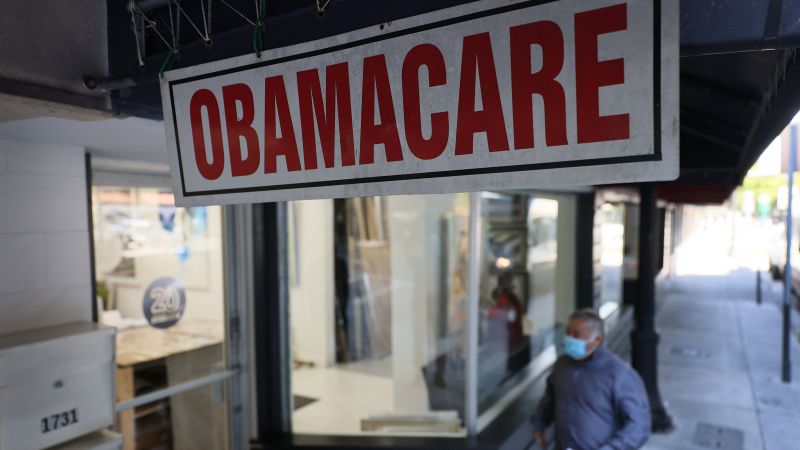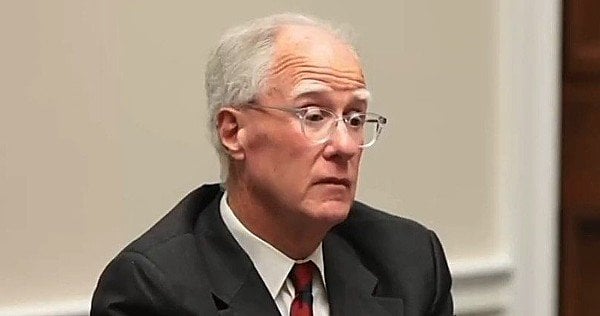Copyright Salt Lake City Deseret News

SYDNEY, Australia — At first glance, a team of visiting Utah lawmakers and their Australian hosts would not appear to share much in common. They have different forms of government — one, a republic; the other, a constitutional monarchy. Different continents. Different hemispheres. And vastly different time zones. But the two geographically distant groups discovered they share a global concern: They are fiercely concerned about kids and digital safety. And both groups are proponents of enhanced “bell-to-bell” cellphone use rules in schools. Last week, a team of Utah Republican lawmakers were in Sydney as part of a broad trade mission to Australia and New Zealand organized by World Trade Center Utah. The intent of the trade mission was to foster shared business, innovation and educational opportunities between the Beehive State and the Oceania nations. The lawmakers participating in the trade mission networked with local representatives from mining, aerospace, tech and other industries to develop business opportunities in Utah. But, unexpectedly, conversations between Utah Gov. Spencer Cox and the Utah lawmakers with several Australian government officials also focused on protecting kids online. The Utahns quickly discovered that their Down Under hosts share their concern for digital safety for youth. “One of the things that Australia has done very well is tackle the problem of social media,” Utah Senate President Stuart Adams, R-Layton, told the Deseret News. “We looked at what they’ve done, and then compared notes to what Utah’s done. We’ve all stepped forward in a big way to push back on social media.” Cox and Adams were joined in the digital safety discussions by Sens. Kirk Cullimore, R-Sandy, Chris Wilson, R-Logan, and Scott Sandall, R-Tremonton, and Reps. Karen Peterson, R-Clinton, and Stephen Whyte, R-Mapleton. The Australian officials included the Hon. Greg Piper, the Hon. Ben Franklin and the Hon. Anika Wells. “This is a critical time in our history,” said Adams. “Social media is having a measurable impact on youth mental health. Utah and Australia may be oceans apart, but our values are aligned. We are standing up for kids and ensuring technology serves our children and our communities, not the other way around.” Utah: Leading out with social media safety The Beehive State’s been at the forefront of social media initiatives to protect kids from digital exploitation. The Utah Social Media Regulation Act, for example, keeps minors from using social media at restricted hours. It also requires Utah minors to obtain parental consent to have social media accounts and gives parents the ability to see all posts and messages on their children’s accounts. The law also prevents social media companies from collecting minors’ data and targeting minors’ accounts for advertising. Cox has emphasized the uniqueness of Utah’s digital safety initiatives. “These are first of their kind bills in the United States,” he said in 2023. “And that’s huge that Utah is leading out on this effort. We have lots of states that are interested and I know we’re all having conversations with other governors, other legislators and other states. I suspect that you will see lots of bills like these moving forward.” Utah also requires social media companies to enable maximum default privacy settings on Utah children’s accounts and to verify the ages of their users and provide supervisory tools for a parent or guardian. Meanwhile, the Utah Legislature has funded a campaign to educate parents and teens about the potential dangers of social media at SocialHarms.utah.gov. Australia’s efforts to protect kids from digital danger Australia, meanwhile, has restricted access to social media for those under 16. During last week’s trade mission, Utah and Australia officials talked about developing shared principles and “a framework that promotes responsible innovation, holds social media platforms accountable and strengthens protections for minors amid the growing challenges of the digital world,” according to a Utah Senate communications report. The joint discussions, the report added, reflect shared commitments to addressing the harms of social media and excessive mobile phone use among K–12 students. “Social media giants cannot put profits over kids’ safety,” said Cullimore. “These platforms must be accountable for manipulative, harmful design and protect user data. Safeguarding minors is a global challenge that demands a unified approach. “Utah has led with policies on age verification and limits on addictive design features. Australia’s approach serves as a model, and by learning from one another, we can accelerate meaningful progress, ensuring young people are empowered, not endangered, by the digital world.” The Utah and Australian lawmakers and leaders identified several key areas of collaboration: Responsible mobile phone use in schools to reduce distractions and improve learning outcomes. Accountability for social media companies through stronger age verification, privacy and data protection for minors. Support for ethical education technology that prioritizes well-being. Public awareness campaigns promoting healthy digital habits for youth and families. “Parents everywhere are asking for help,” said Peterson. “When we set guardrails, like limiting devices in schools and holding platforms accountable, we empower children to focus, learn and thrive. Partnering globally helps all of us do better for our kids.” The Senate report noted that 57% of teen girls in the United States say they feel persistently sad or hopeless. Meanwhile 88% of Utah parents believe social media negatively impacts children and youth. “The data is clear, social media is harming our kids,” said Wilson. “Protecting children isn’t just a priority; it’s our responsibility. We are not just changing laws, we are shaping a generation, uniting communities and nations around a shared mission to help children grow up healthier, stronger and more connected to what truly matters.” Added Whyte: “Our goal is to ensure every child, everywhere, can learn, create and connect safely and confidently. Utah’s actions aim to restore balance and help families reclaim control over their digital lives.” Adams noted that his discussions with his Australian hosts was a reminder that keeping kids safe in the digital realm is a global, nonpartisan concern and responsibility. “It’s about concerned parents and people who love their kids — and are trying to help them get through life…Social media has done a lot of great things, but we need to protect our kids.” Is a more aggressive policy prohibiting cellphones in Utah schools in the works? Cox has been a vocal proponent for restricting cellphones in Utah’s K-12 public school “from bell to bell.” His beliefs are echoed Down Under All six states in Australia have reportedly enacted bans on cellphones during school hours, requiring phones to be switched off and “Away for the day.” The results, reported Wilson, have been positive. Other nations have reached out to Australia in hopes of implementing their own cellphone policies in school Similar “bell-to-bell” cellphone restrictions at Utah schools may be in the future. Earlier this year, Utah lawmakers passed the so-called “No cellphones in K-12 schools” bill, prohibiting students in the state’s public schools from using their phones when they are in class. The new law includes a local caveat — individual schools or districts can opt for a different policy. Senate Bill 178 is now the state’s “default” practice. Previously, K-12 students were allowed to use cellphones whenever or wherever they wanted unless their district had their own policy in place. But Sandall believes Utah kids would be well-served by having an enhanced “bell-to-bell” cellphone prohibition that goes beyond simply restricting devices during class time. “We might need to look at doing that — and having our kids get to school and interacting with each other,” he said. Some argue a child needs a cellphone in school in case of emergencies. But Sandall counters that for generations, emergencies at Utah schools were effectively handled by school leaders. “I think we can go back to that and feel comfortable that we can do that.” Peterson believes Utah parents are becoming increasingly aware and supportive of social media and phone policies designed to benefit and protect their children. “The No. 1 thing I hear from parents right now related to schools is how much time they’re spending on a device — whether it’s their own device or it’s a device at the school,” she said.



